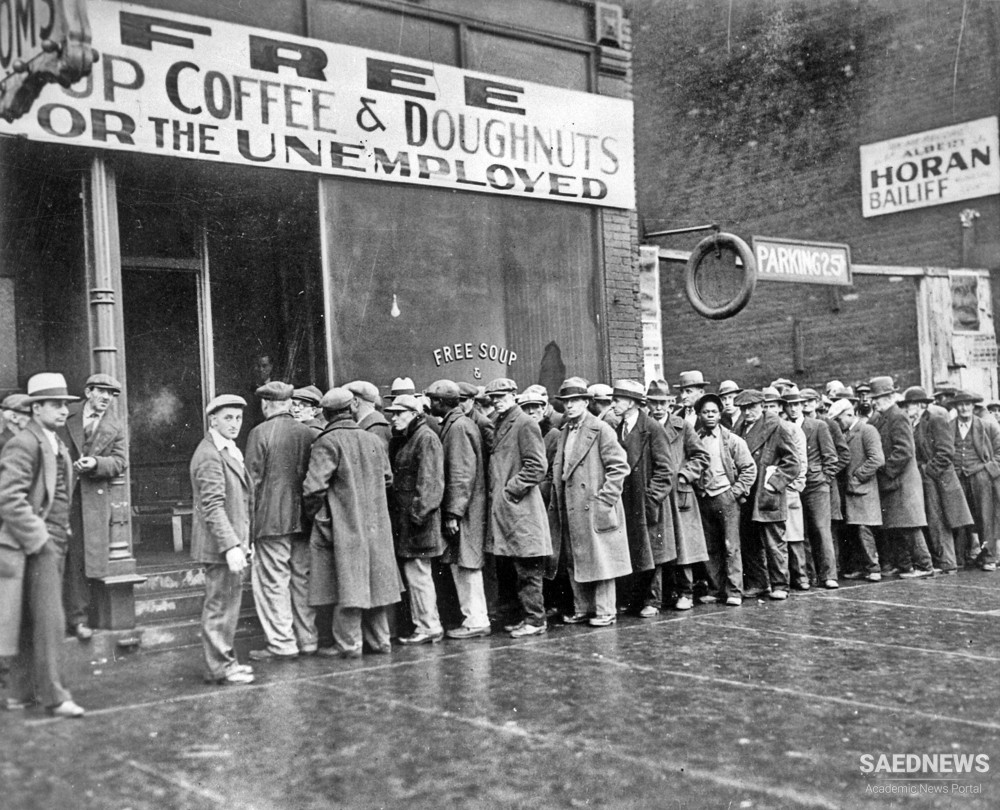Officially known as the Senate Hearings on the Munitions Industry, the Nye Committee hearings caused what Charles DeBenedetti termed “a national sensation” in the United States. When the proceedings opened in September 1934 journalists were already calling them “historic.” The investigation continued for eighteen months, through ninety-three hearings and testimony from more than two hundred witnesses.
Arms manufacturers were grilled about the enormous profits they reaped in a war that left more than 50,000 US troops dead. The proceedings were widely publicized by a US press corps eager to believe the worst about the perfidy of major industrialists. The hearings came in the depths of the Great Depression and were fed by and helped to nourish an unprecedented wave of anticorporate sentiment.
Detzer was a skilled lobbyist and a key organizer in the international disarmament movement during the 1920s and 1930s. Detzer and pacifist leaders Frederick Libby and Nevin Sayre provided major support for the hearings. They uncovered evidence for the committee and publicized its findings. They made sure that the committee fully investigated the arms industry and that its findings were widely communicated to journalists throughout the country.
The Nye Committee hearings documented price fixing, the bribing of public officials, collusion between US and British firms, and excess profits from the sale of arms to both sides in the war. The hearings did not provide definitive proof of a conspiracy to foment war, but they conveyed the impression of a private munitions industry that dragged the nation into war for the sake of private profit.
The investigation also revealed violations of US neutrality law, which motivated congressional efforts to enact the 1935 Neutrality Act and tighten restrictions on arms sales to belligerent nations. The hearings gave impetus to the rise of pacifist movements, which pressed ever more strongly for disarmament and neutrality.


 Chaos Engulfs the Country: East-West Streit
Chaos Engulfs the Country: East-West Streit














































